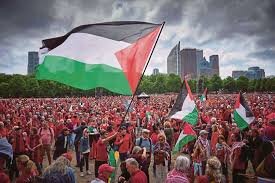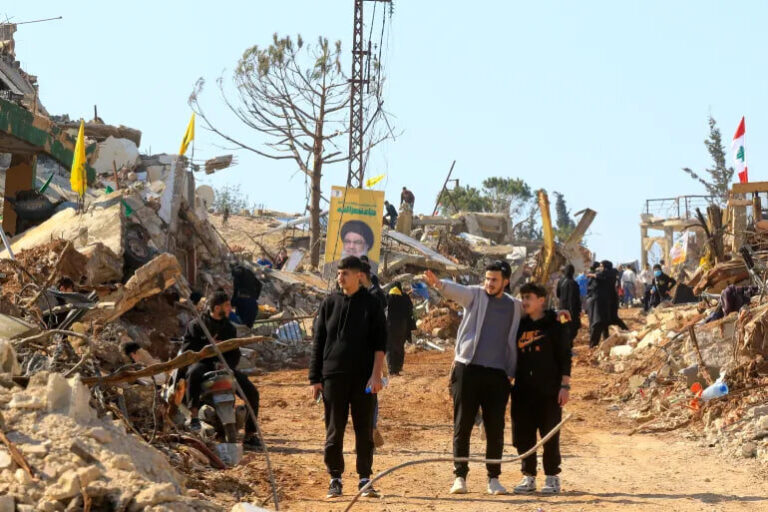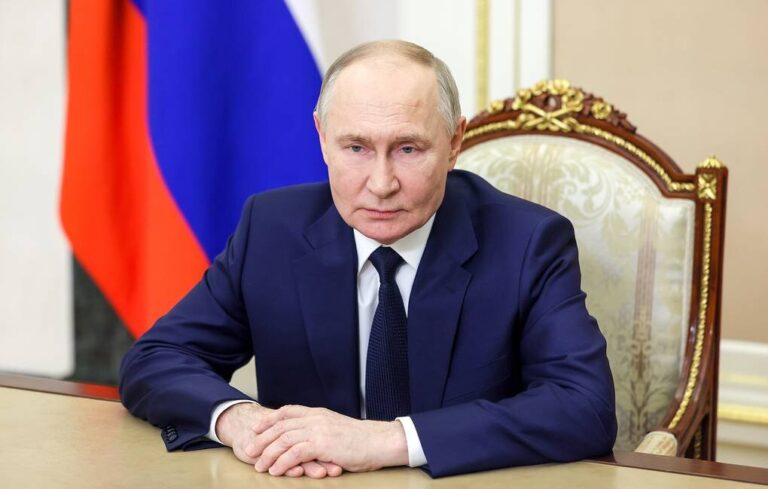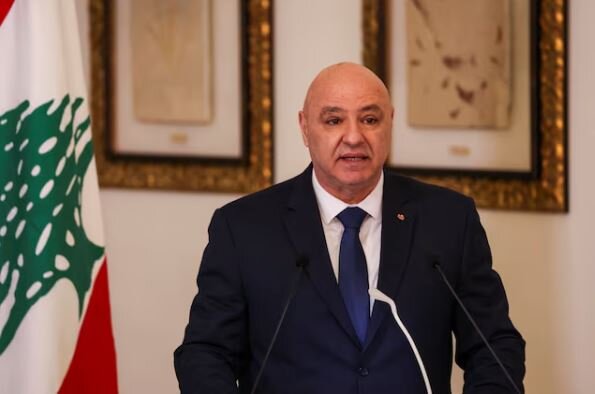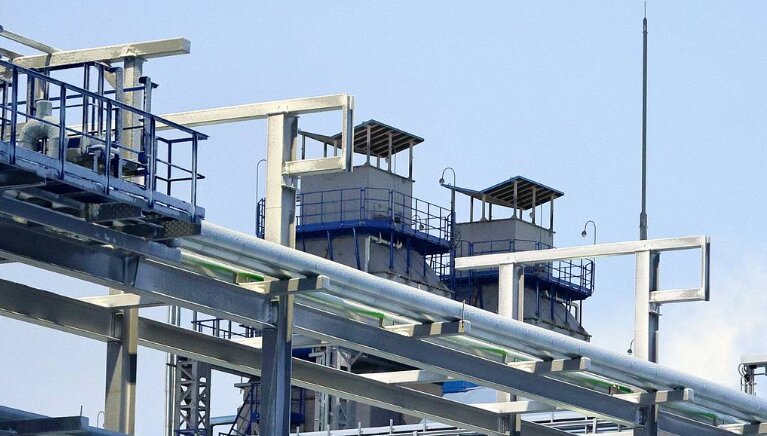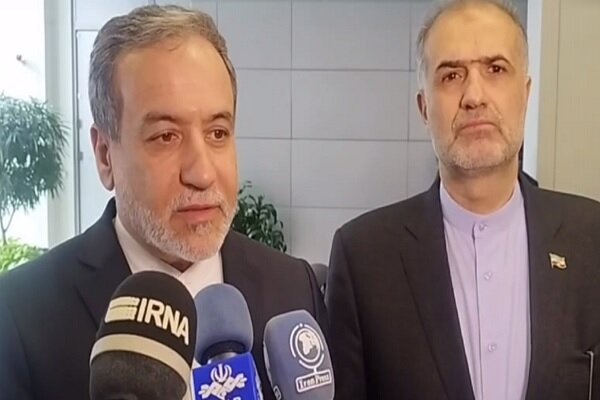Massive 100,000-Strong Protest Erupts in The Hague Against Gaza Conflict
On Sunday, tens of thousands of protesters gathered in The Hague, urging the Dutch government for a more assertive approach regarding Israel’s ongoing conflict in Gaza. This significant demonstration, organized by Oxfam Novib, highlighted the urgent call for humanitarian intervention and a reevaluation of foreign policy towards the region.
According to reports, approximately 100,000 protesters participated in the march, with many dressed in red to symbolize their demand for a definitive “red line” against Israel’s actions in Gaza. This expression of solidarity and urgency comes as the situation in Gaza has deteriorated, with Israel enforcing a blockade that severely restricts essential supplies.
The demonstration made its way past the International Court of Justice (ICJ), an important landmark in international law. The ICJ is currently reviewing a case initiated by South Africa, which accuses Israel of genocide. Last year, the court had already mandated Israel to cease its military operations in the southern Gaza city of Rafah, making the timing of the protest even more poignant.
Here are some key highlights from the protest:
- Massive turnout: The organizers estimated the crowd at around 100,000, showcasing widespread public concern.
- Call for action: Protesters demanded the Dutch government take a stronger stance against the blockade imposed by Israel.
- Symbolism of red: Many participants wore red clothing to signify their demand for a “red line” in foreign policy.
- International focus: The march passed significant landmarks, including the International Court of Justice, emphasizing the legal implications of the situation.
The humanitarian crisis in Gaza has been escalating, with reports indicating severe shortages of medical supplies, food, and fuel. The protesters voiced their concerns about the impact of the blockade on innocent civilians, particularly children and vulnerable populations. The ongoing conflict has drawn international attention, and many are calling for immediate action to alleviate the suffering of those in Gaza.
During the demonstration, numerous speakers addressed the crowd, emphasizing the need for global solidarity and support for the people of Gaza. They urged the Dutch government to reconsider its diplomatic approach and prioritize humanitarian aid over political alliances.
In addition to the humanitarian concerns, the protest also highlighted the broader implications of the conflict on international law and human rights. Activists are increasingly vocal about the need for accountability and justice for those affected by the violence.
Key messages shared during the protest included:
- Immediate humanitarian aid: A call for the Dutch government to facilitate aid delivery to Gaza.
- Political accountability: Demands for an independent investigation into alleged war crimes.
- Support for peace initiatives: Advocacy for diplomatic solutions to the ongoing conflict.
The march in The Hague is part of a larger trend of protests occurring across Europe, where citizens are demanding action regarding the humanitarian crisis in Gaza. Similar demonstrations have taken place in cities such as London, Paris, and Berlin, indicating a growing movement for change.
As the situation continues to develop, public pressure on governments worldwide is likely to increase. Activists are hopeful that sustained protests will lead to meaningful changes in policy and aid efforts. The march in The Hague serves as a powerful reminder of the collective voice advocating for justice and humanitarian support in times of crisis.
In conclusion, the protests in The Hague are emblematic of a wider call for action regarding the humanitarian crises faced by populations in conflict zones. With organizations like Oxfam Novib leading the charge, the demand for governmental accountability and humanitarian interventions is gaining momentum. The situation in Gaza remains critical, and continued advocacy is essential to ensure that the voices of those affected are heard and addressed.
